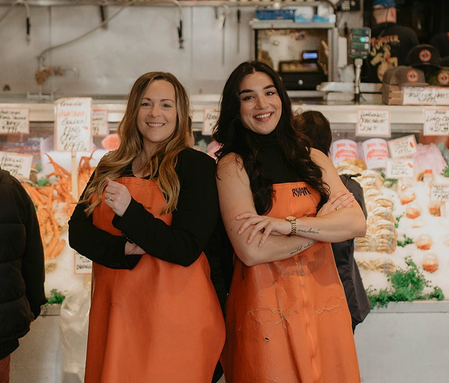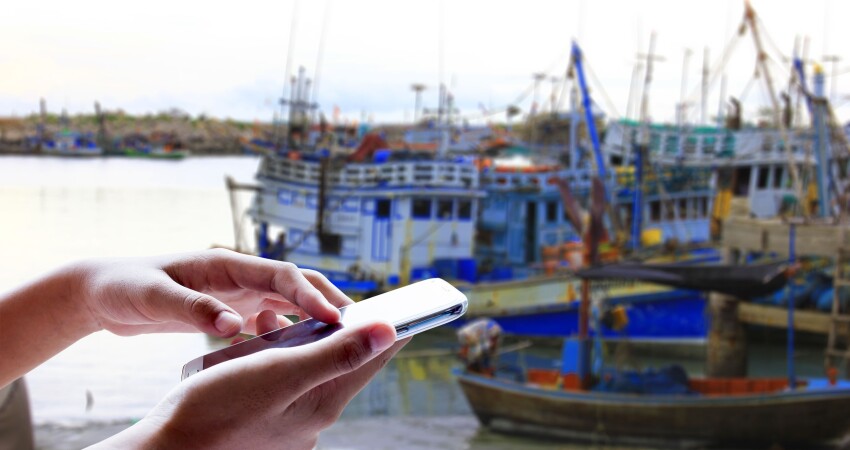Social media is a great place to build community and share stories. Platforms like Youtube, Instagram and TikTok have become search engines for consumers to find information and new products. While the seafood sector is seriously behind on capitalizing on social trends (more on that another time) there's one thing fishermen and seafood farmers have proven to be good at: talking sh*t online. And before you give yourself a pat on the back and fist bump your buddy, we don’t mean for this to be a compliment.
Consumer facing accounts that exist to help you sell your product are not the places to air your grievances about pricing, closures, sustainability, or anything remotely negative about the industry. While your intention may be to shed light on pressing issues, it can instead lead to completely alienating a potential customer of your product.
It's understandable that you, like many other professionals, face challenges and frustrations in this industry. Issues such as pricing fluctuations, regulatory changes, and environmental concerns are all valid topics for discussion. However, airing these grievances in a public forum meant for marketing and customer engagement can have detrimental effects on not only your own brand, but seafood overall as a category.
When potential customers visit these social media profiles, they're often looking for information about your product, the brand story, and perhaps some behind-the-scenes glimpses into fishing and farming operations. They want to feel connected to the people behind the product and confident in the quality and integrity of what is being offered. Negative rants or complaints can shatter this illusion of professionalism, overshadow the value of your product, and turn potential buyers away.
Instead of turning to these social media platforms as a sounding board for grievances, consider alternative ways to address these issues. One approach is to engage with industry organizations or local government representatives to advocate for change. By working collectively with others in your industry, you can amplify your concerns and have a greater chance of effecting meaningful change.
The seafood industry notoriously hosts dozens of conferences and events throughout the year, which are the most appropriate forum for these discussions and are desperately lacking the voices of fishermen and farmers. Removing our complaints from consumer-facing social media and instead bringing them into an arena with widespread industry attendance also provides a better opportunity for these issues to actually be addressed in a meaningful way.
Social media provides a powerful platform for storytelling and education. Use these channels as an opportunity to highlight the positive aspects of your industry, such as sustainable fishing and farming practices, community involvement, and the unique flavors and qualities of your seafood products. Come to these platforms with something more to offer that enhances the conversation rather than takes away from it.
By focusing on the strengths and values of your products, you can attract like-minded customers who are passionate about supporting ethical and responsible businesses. Building a strong online presence based on authenticity, transparency, and positivity will ultimately help you grow your customer base and differentiate yourself in a competitive market.
While it's natural to experience frustrations in any profession, it's important to exercise caution when using social media as a platform for airing grievances. Instead, focus on building a positive and engaging online presence that highlights the strengths and values of your brand. By doing so, you can attract loyal customers who are invested in supporting your business for the long term.
TLDR? Quit talking sh*t on social media. Instead, focus on supporting positive comments so the consumers who are following those accounts for information and recipes don't get confused, put off, and turn away from seafood altogether.







